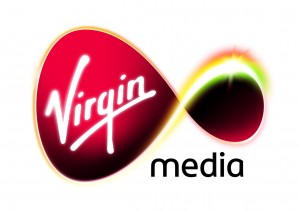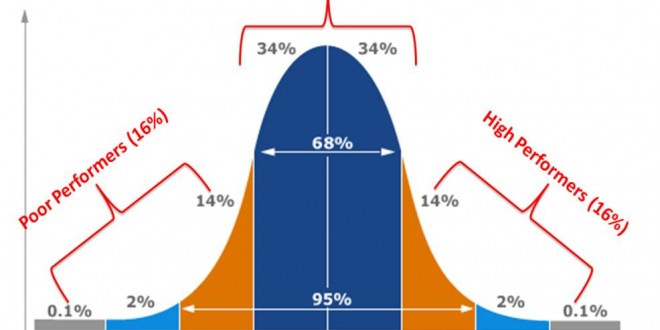 Sometimes patient volumes swamp the emergency department team. Most on-call systems work so poorly, they aren’t worth discussing. Here’s a great on-call system that actually benefits patients.
Sometimes patient volumes swamp the emergency department team. Most on-call systems work so poorly, they aren’t worth discussing. Here’s a great on-call system that actually benefits patients.
If being home is more attractive than rushing in to see hordes of waiting patients, your call system will fail.
Most on-call systems pay a few hours’ worth of income to be available, and a small premium for the first few patients seen. Physicians weigh the costs and benefits, then try very hard to stay home by being hard to reach, debating whether there’s really a need for extra help, etc., etc.
Tipping point
Hospitals often pay non-physician staff double-time. They pay operating room staff to come in for a case, even if the case gets cancelled.
Expect to pay physicians double what they would otherwise make on a full shift for coming in on-call. If they get at least as much as they would make on a whole shift, just for showing up, no matter how short they stay, physicians will fight to come in. All of a sudden, you’ll find the first or second ring answered, even at 0300. Put everyone on the on-call list and call through the names in order. After each call, move the top name to the bottom.
Where does the lottery money come from?
At worst, each member contributes to a pool. Far better, get additional funds from grants, educational stipends, drug studies, hosting conferences, recruitment funding, or government programs.
Again, you need to pay physicians far more than you would expect to build an on-call system that impacts wait-times and actually benefits patients. Build a fund.
Activate On-Call System
The charge physician, responsible for ED flow at the time of need, must activate the on-call system. Charge nurses, administration, and fellow physicians take part in the discussion to varying degrees. If the team can’t manage, they must call for more help.
Unbalanced incentives could create dozens of calls bankrupting the on-call system. You need to balance the ease of calling for help with incentives for physicians to work harder and stay late. Paying out un-used funds from the on-call pool to the overnight shifts provides balance.
What if MDs refuse to activate the on-call system to save the un-used funds for night shift?
Hold physicians accountable for wait time performance each day. If certain docs always have longer waits, or often activate on-call, schedule more shifts when they work.
Try it. MDs will fight to get called in with this on-call system.
(photo credit: dartmed.dartmouth.edu)



